The content of the article
When a baby experiences vomiting, many parents panic. In fact, this reaction of the body is protective, and it is inherent in every child. There are many reasons why a child can vomit - it can be brain injuries or infections in the intestines. Also, vomiting can occur if the baby has eaten a poor-quality product. Each parent should know how to provide first aid to his child in this case. The danger of pathology is that a child may experience dehydration.
In this publication, we consider all possible options, thanks to which you can alleviate the condition of the baby.
How to provide first aid?
Before an attack of vomiting, blanching of the skin can be noted, the child may complain of dizziness, and there is also a plentiful discharge of saliva. The parent's task is to reassure the child (it is important to remain calm themselves), and then determine if the baby needs urgent medical care.
So, you need to call a doctor at home in the following cases:
- if your child is under 3 years old;
- attacks are repeated with the same frequency, while vomiting continues for 24 hours;
- there is diarrhea, fever;
- you notice that the child has become lethargic, weak and lethargic;
- a rash is observed on the skin;
- in the vomit there are inclusions of blood or bile.
You need to call the ambulance when:
- vomit directly into the respiratory tract;
- the child vomits due to the presence of foreign objects in the lumen of the esophagus;
- your child complains of abdominal pain;
- if you suspect that vomiting was caused by a skull injury;
- the child periodically loses consciousness.
It is important not to miss the moment and seek qualified help, since delay in some cases can threaten the baby's life.
Tablets for vomiting: sorbents
Sorbents are currently the safest, but pharmacologically effective drugs that are topical to take to stop vomiting in a child and prevent intoxication. The main task of the tablets is to bind toxins and remove them from the body. Therefore, sorbents, as a rule, are used for poisoning.
Use the funds of this group can be for children of any age. Most importantly, they do not have a negative effect on the intestinal microflora, that is, there will be no negative effects after the treatment.
Consider the most popular sorbents that are relevant to use if the child has vomited:
- Activated carbon. Surely everyone knows about these black tablets - they should be present in any medicine cabinet. The tablets have a porous structure, due to which they absorb toxins - while being absolutely safe for the child. The dosage should be calculated based on the weight of the baby - 1 tablet per 1 kg of body weight.
- Coal is white. It can be used in a lower dosage than black coal, since tablets have high sorption properties, therefore, are more effective. Again, if black coal can cause constipation, then this will not happen with white, it has a beneficial effect on the activity of the gastrointestinal tract. It should be noted that the instructions indicate that it is not recommended to take these pills for children under 14 years of age. In fact, doctors quite often prescribe this sorbent to children.
- Smecta. Release form - white powder.The drug is perfect for children of any age category, while it not only removes toxins from the body, but also protects the gastric mucosa from the negative effects of gastric juice (taking Smecta, you can be sure that you are reliably protected from gastritis). But there is a negative side to this sorbent - it can cause constipation.
- Enterosgel. Release form - gel. It is noteworthy that the sorbent can be taken from birth. It is considered a very good drug, it is recommended by doctors for poisoning, as well as E. coli. Effectively removes toxins, while not causing any harm to the body.
- Polyphepan. Available in the form of granules, the main active ingredient is lignin. It is obtained from pine wood. The main purpose of lignin is to absorb toxins that poison the body, and gently remove them. Helps normalize the digestive tract. It can be given from birth.
- Polysorb. The main active ingredient is silicon dioxide. It effectively absorbs all harmful substances, so pediatricians often prescribe it to children with vomiting. Dosage is individual, it is selected taking into account body weight.
- Enterodesis. The main active ingredient is povidone. The sorbent is released in powder form.
- Filtrum. The pill is based on lignin. The pharmacological agent is approved for use by the smallest patients (from birth), in order to make it convenient for a small child to take it, the tablets must be crushed and mixed with water.
All of these sorbents are safe and effective. It is advisable for parents to have at least one of them in the medicine cabinet - in order to provide the baby with first aid in case vomiting begins.
Should a child be restricted in food?
If the baby has vomited, as a rule, parents are afraid to give him any food due to the fact that it is possible to provoke another attack. This is true: skipping a few meals will be relevant, because the body needs strength in order to get rid of toxins, and spending them on digesting food is unreasonable. Naturally, to starve a child for a long time - but as long as vomiting is regular, you should refuse food, all the same the products will not be absorbed, and the baby’s body will not get useful substances from them.
As for infants, in this case, an exception must be made. Regular nutrition plays a large role for the normal functioning of the body, therefore, if vomiting is noted in the infant, there is no need to take breaks in nutrition.
It happens that even with vomiting, the child asks to eat. If the body requires it, it does not need to be denied, but it is important to consider the following rules:
- Food should be given often, but in small portions.
- All food should be warm.
- The best option is light vegetarian dishes, they are perfectly absorbed and do not invoke heaviness in the stomach.
- Do not give your child fatty, salty, or spicy.
- You can’t give your baby sweet foods - they can provoke fermentation processes in the body, and this is extremely undesirable after the child has vomited.
- Fresh fruits are also prohibited in this situation, since they contain a large amount of fiber, which tends to irritate the intestines.
Should I drink while vomiting?
The answer to this question is unequivocal - certainly worth it! The thing is that with vomiting, severe dehydration of the body occurs, useful trace elements are washed out, and this is fraught with negative consequences. It is necessary to drink the baby regularly, this is one of the most important conditions for vomiting.
Even if the child vomits with water, you need to continue to drink it. Little by little, at least a few sips, but you need to do this regularly. Again, water from the outside is necessary so that the child’s body is not dehydrated, otherwise your child’s well-being will worsen even more: weakness, dizziness - all this is present during dehydration, not to mentionthat the internal organs are suffering.
Experts recommend vomiting when drinking water with the addition of special solutions for rehydration. Thanks to funds, you can restore lost fluid loss in the body. One of the most popular remedies in this group is Rehydron.
This is interesting: If you don’t have such a solution at hand, you can prepare it yourself. To do this, add 60 grams per liter of water. sugar, 30 gr. salt and 30 gr. soda.
If the baby refuses to drink the rehydration solution, and this may well happen, because they have an unpleasant taste, then you can drink it with other drinks. A decoction of rose hips or any other berries, tincture of raisins or very weak tea. Do not give too hot or cold drink - it should be close to the body temperature of the child. This factor is of great importance, since in this case the fluid is absorbed faster by the body, and will not provoke a second attack.
What drugs help with vomiting?
It should immediately be noted that without the advice of a doctor, self-medication is extremely undesirable. Any pharmacological agent has its own characteristics of action on the body, contraindications, therefore, in order not to harm the child, it is necessary to consult a pediatrician.
Antiemetic drugs affect the central receptors (they are responsible for the vomiting reflex). Therefore, often side effects such as tachycardia, dizziness, and vision problems can be found in the side effects of vomiting drugs.
Also, the parent should clearly understand that the antiemetic will only eliminate the nausea in the child, but the cause of the vomiting will remain, that is, the drugs only remove the symptoms. It is not necessary to give such medicines if the pediatrician has not arrived yet - in view of the fact that it will be much more difficult to establish with them the cause of the unpleasant consequences.
So, consider the most popular drugs that allow you to block vomiting:
- Tserukal. Blocks the center responsible for gagging. The form of release is tablets, ampoules (if the baby is not able to take the pill, he is given an injection). Assign to patients no younger than 2 years old. The dosage for each is individual, only a doctor can determine it.
- Air Sea. Assign to children who have an attack of vomiting caused by motion sickness. Effectively combats discomfort. If parents know for sure that their baby is rocking on the road, then it is important to give a pill 30 minutes before the family goes on a journey. There is a side effect - it causes drowsiness.
- Motilium. The tool is intended to normalize the digestive tract. It is important to give it to the child, if not only vomiting is bothering, but also colic, bloating. It can be purchased both in the form of a suspension - for young children, and in the form of tablets / dragees - for older children. The main active ingredient is domperidone, it inhibits the activity of the center responsible for the vomiting reflex, and also has the ability to accelerate the transition of eaten food through the gastrointestinal tract. You can drink to children from 2 years old, but you should be aware of the possible side effects - excessive excitability, insomnia.
- Riabal. It tends to block special receptors that are located in the digestive tract. After application, the smooth muscle tone decreases, while the secretion of gastric juice decreases. It is worth using a medicine if the child has vomiting accompanied by abdominal pain. Release Thomas - syrup (can be used from birth), as well as tablets - they are prescribed if the child is already 6 years old.
- Bromoprid. Helps to improve gastrointestinal motility, also tends to block the gag reflex. The release form is capsules (for older children), and candles - for small ones.
- Ondansetron. A serious pharmacological tool that pediatricians prescribe for children with cancer after undergoing chemotherapy - in order to tame the attacks of vomiting. Dosage is determined individually.
- Atropine sulfate. Reduces tone (anesthetizes), reduces the activity of secretion of gastric juice, and also has an antiemetic property. The dosage is prescribed individually, depending on age, the characteristics of the baby's body.
- Domperidone. The release form is suppositories (if the child is tormented by severe bouts of vomiting), as well as pills - they are prescribed for children who are already 5 years old.
In conclusion, I would like to say that the duty of any parent is to monitor the condition of the child every minute. Attacks of vomiting in some cases can be symptoms of serious pathologies, so you can not hesitate to contact a pediatrician.
Video: how to stop vomiting in a child

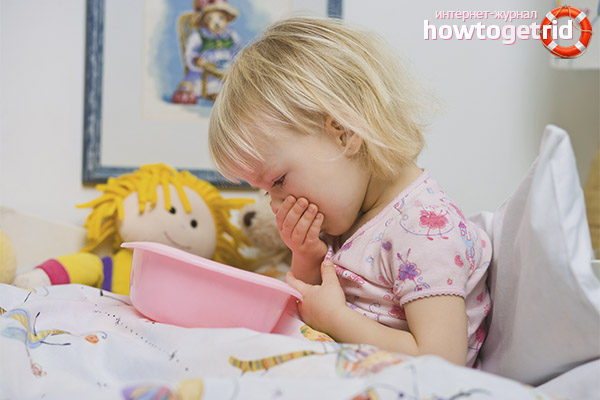
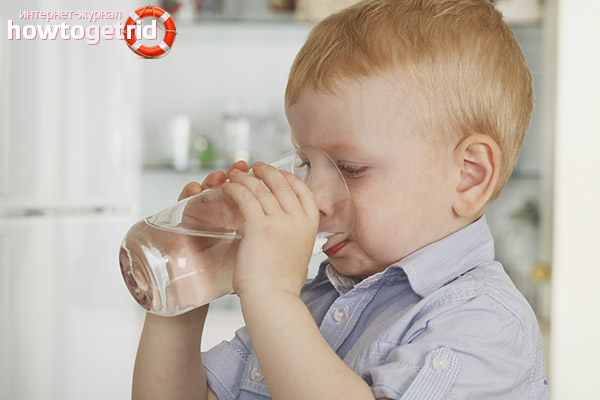

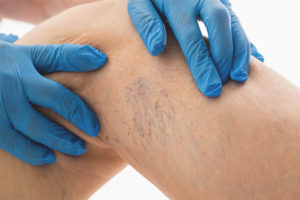
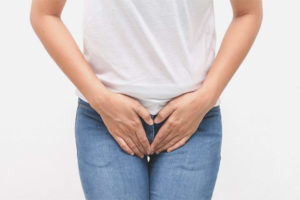
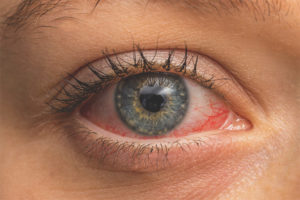


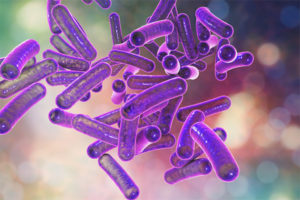
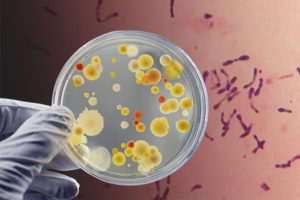

Submit